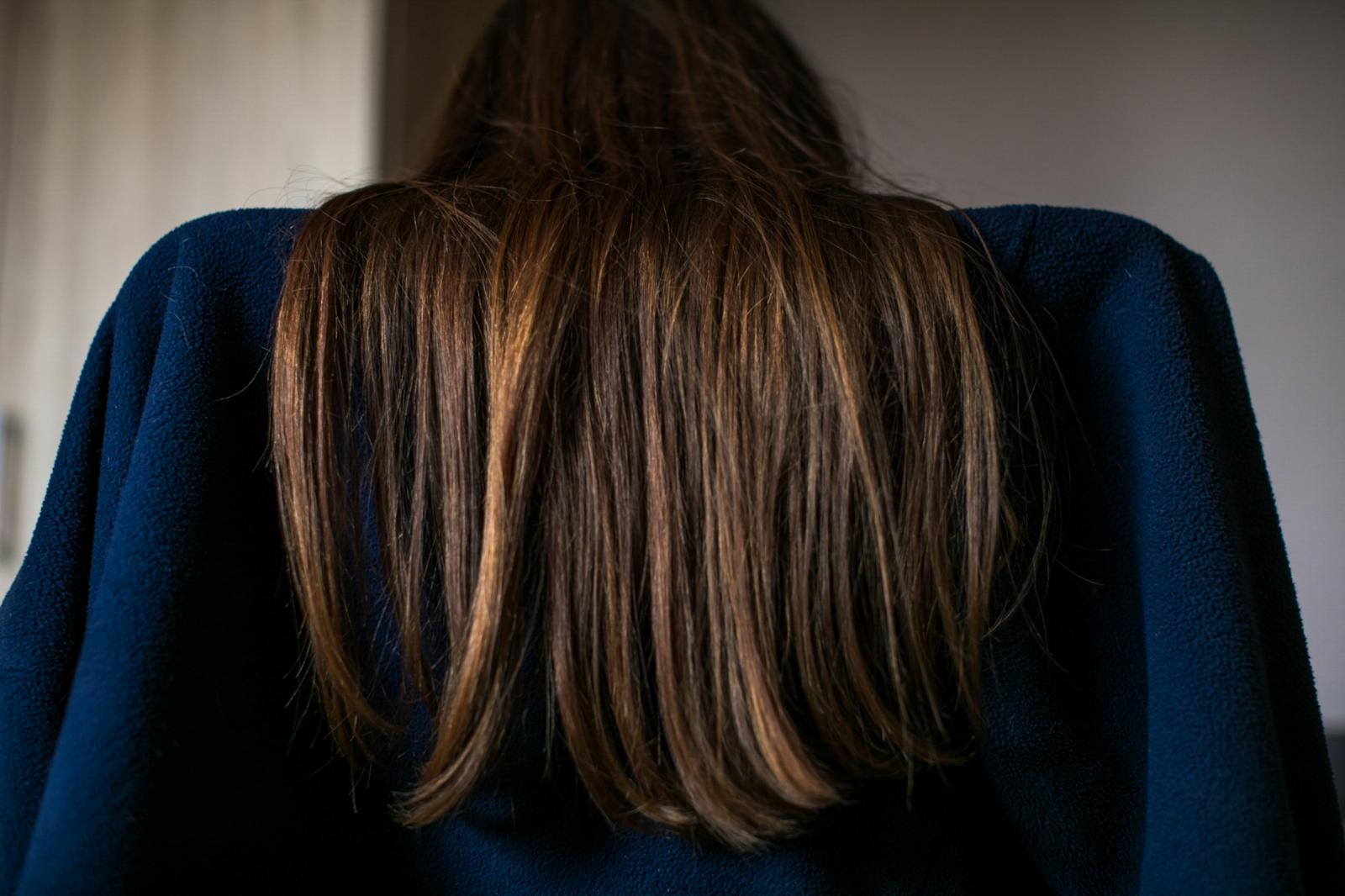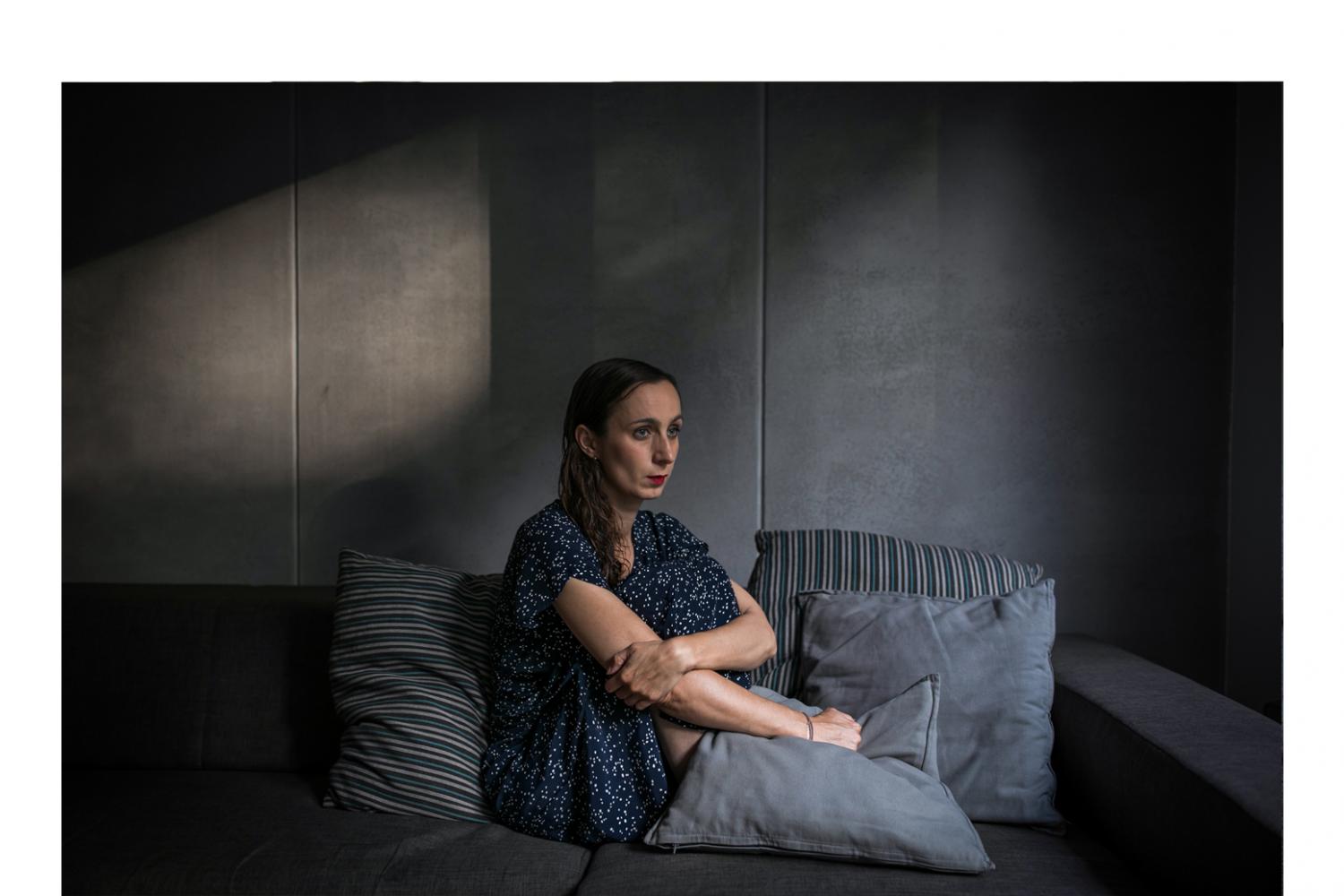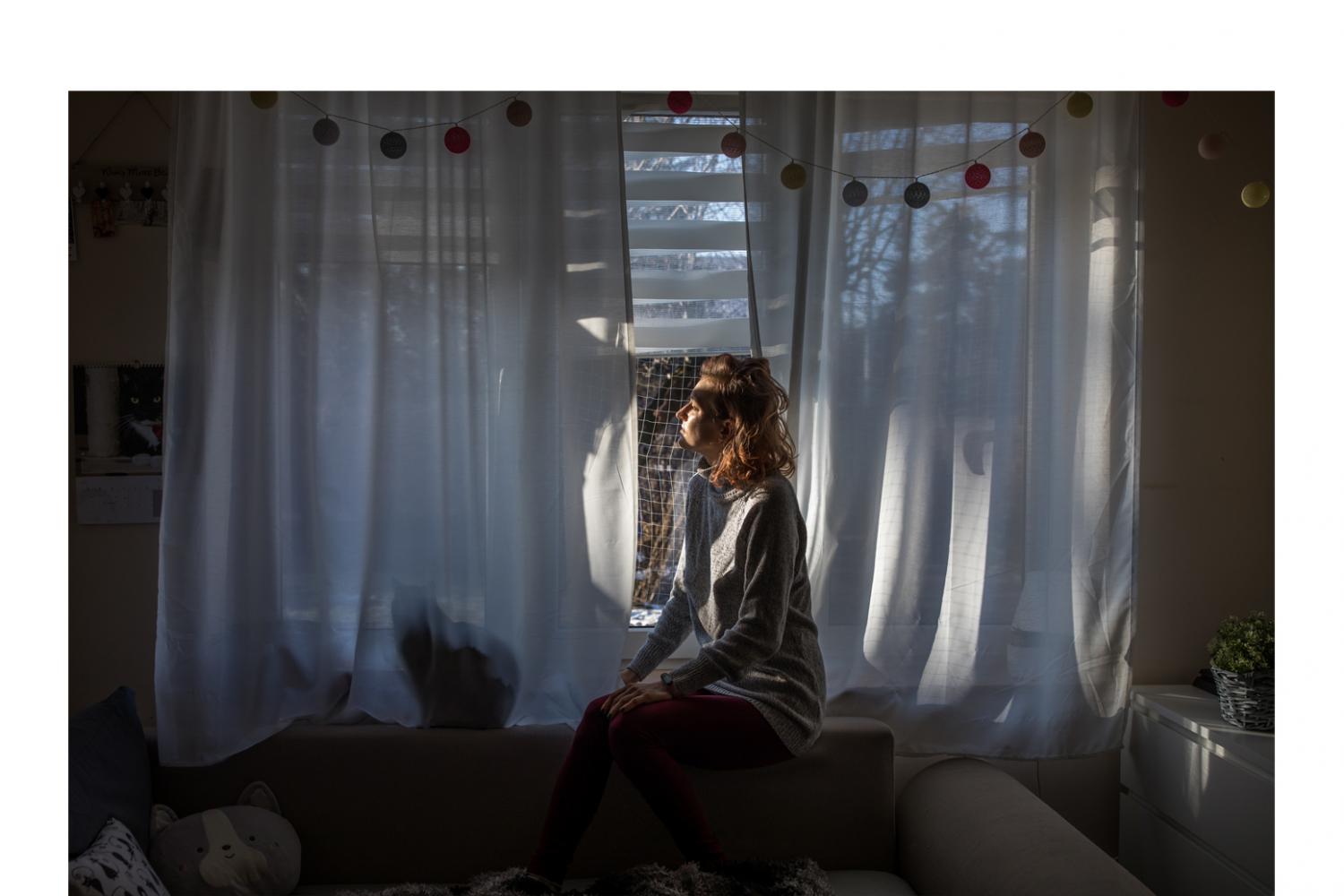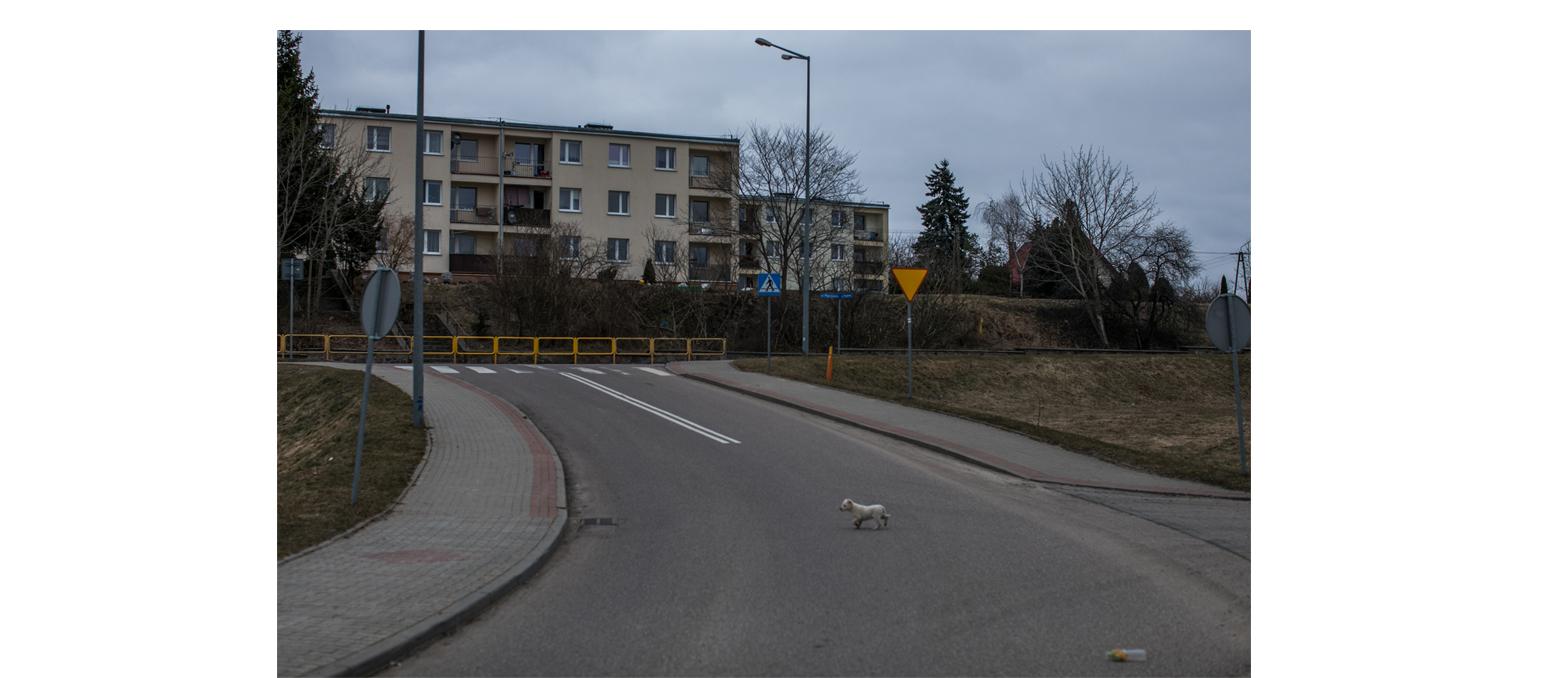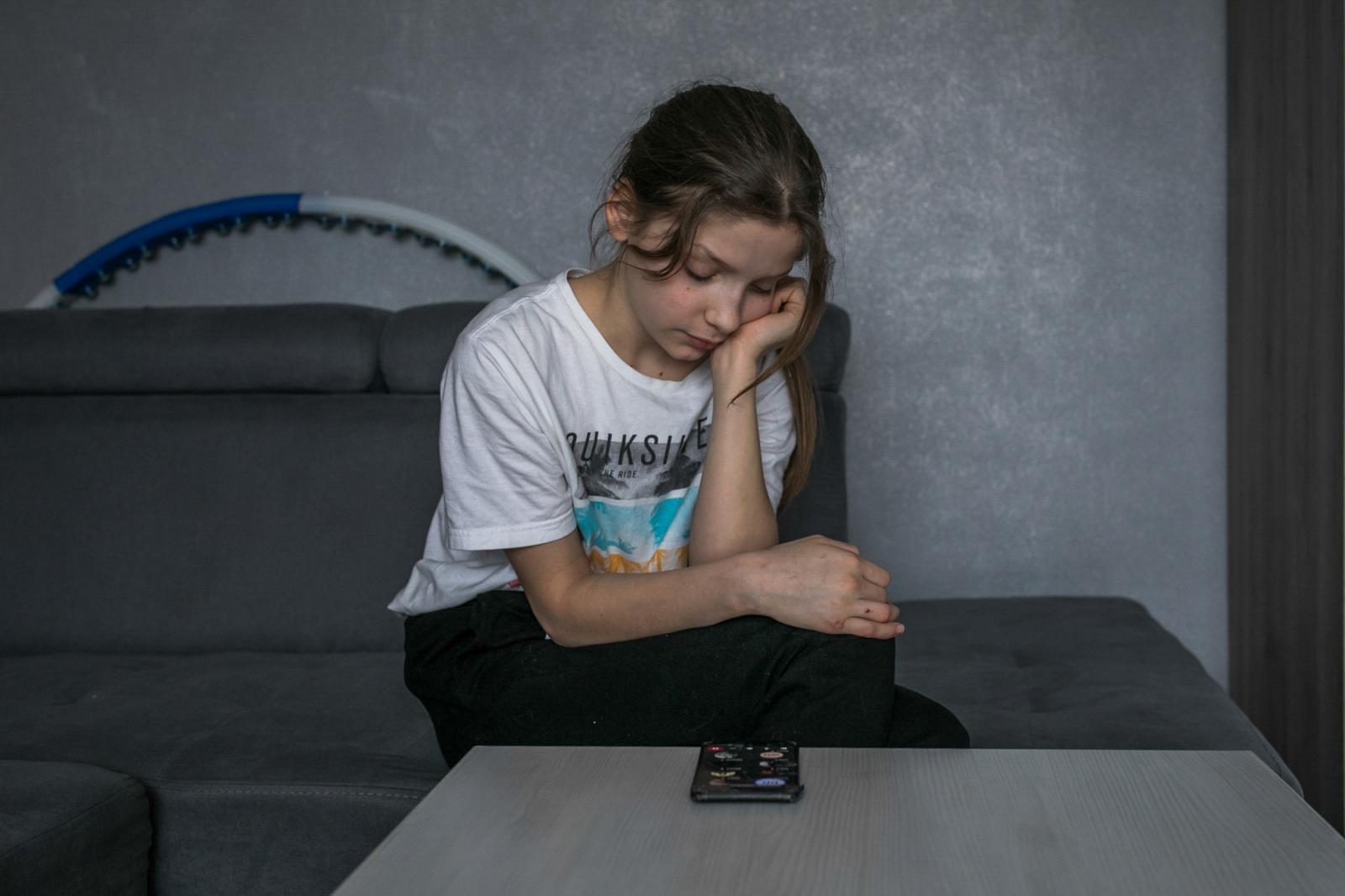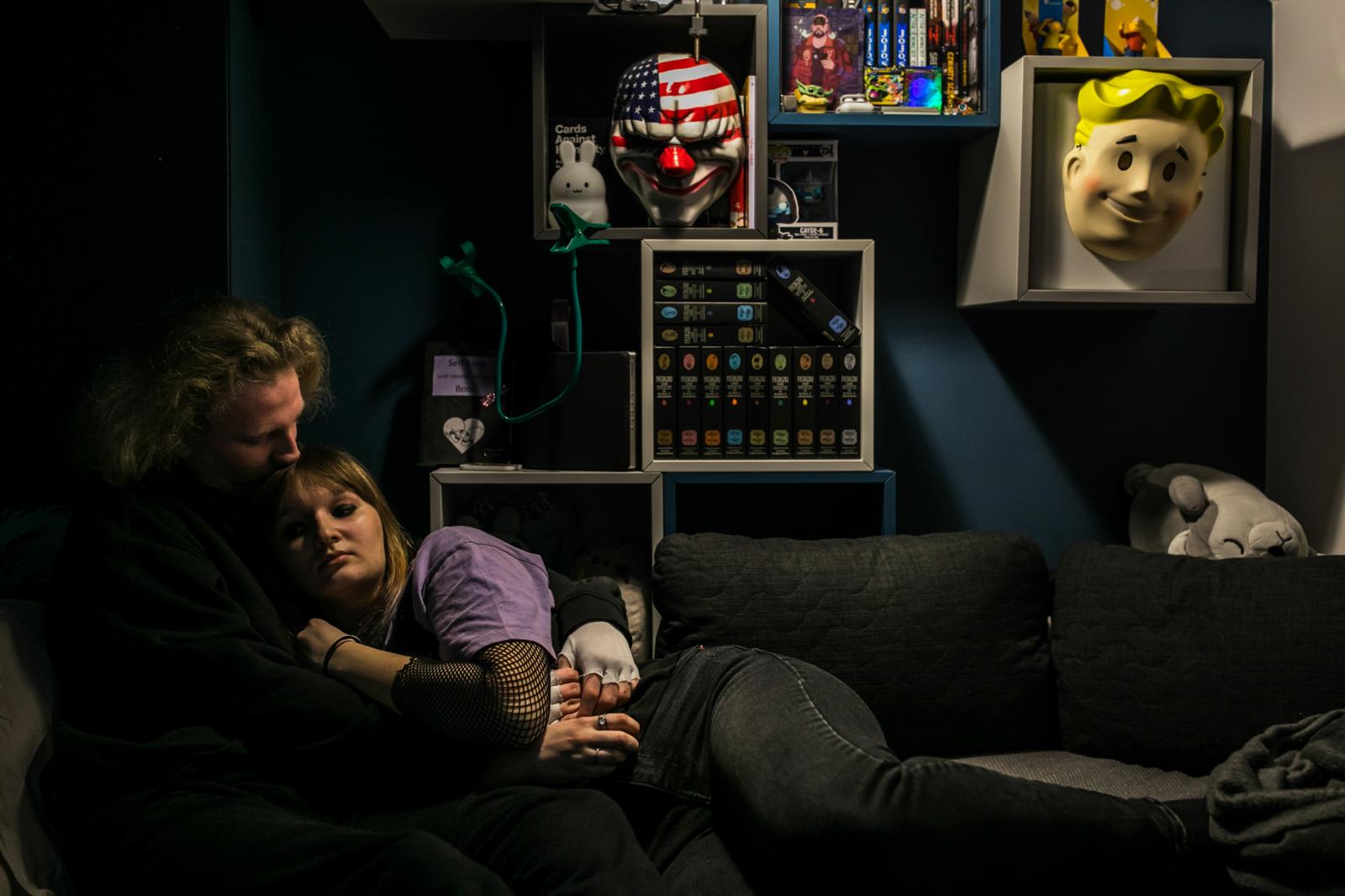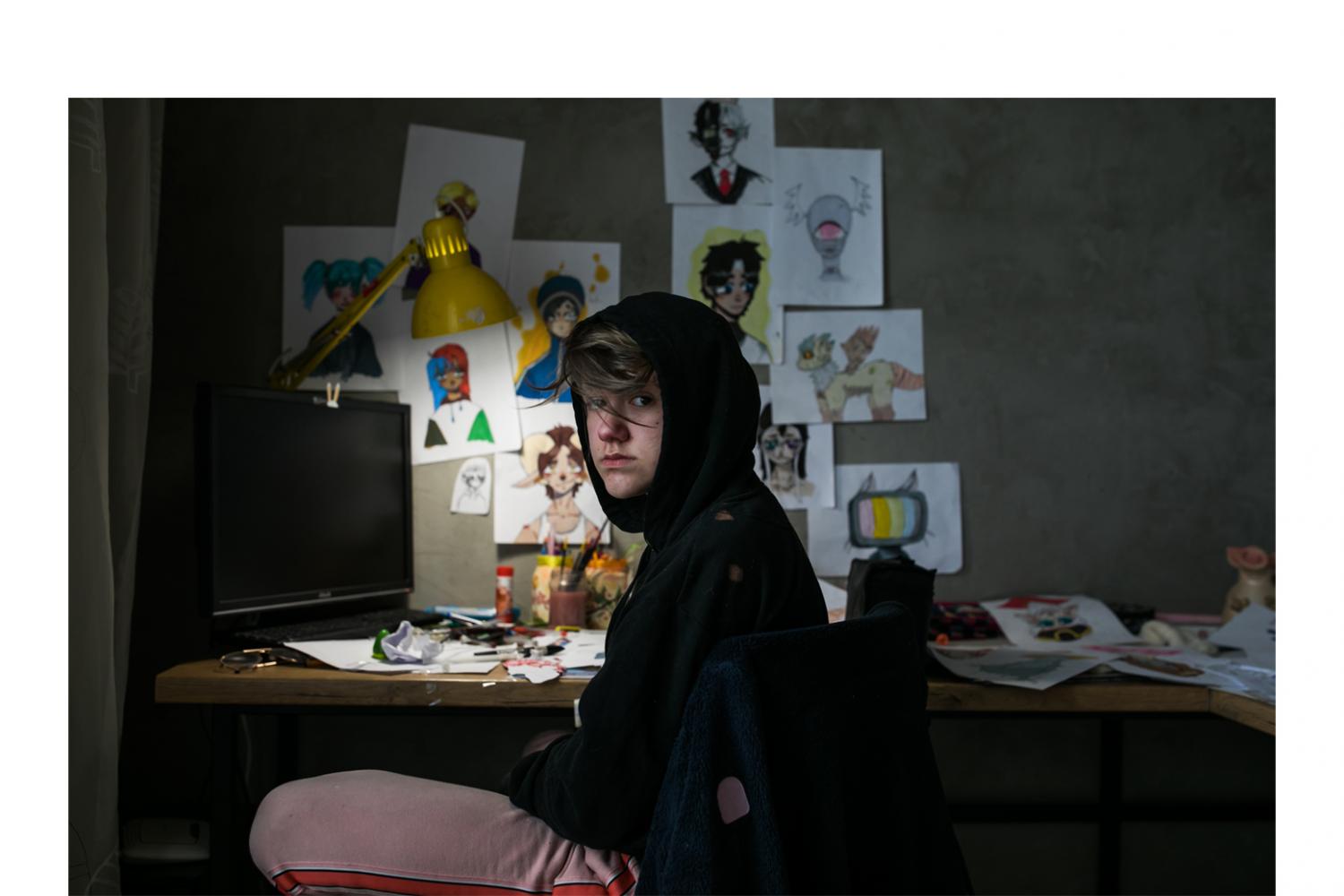Public Story
VIRUS OF FEAR-supported by NatGeo Emergency Fund
The pandemic caused by COVID-19 continues and although we are experiencing significant loosening in public spaces mental health problems are on the rise. The pandemic is making it harder for people to seek personal treatment and counselling. Therapies have moved online and the income gap is widening between those who can afford private treatment and those who are condemned to wait in queues for months to receive National Health Service treatment.
Poland ranks 2nd in Europe in terms of suicides under the age of 19 - one school disappears every year. Child and adolescent wards in psychiatric hospitals are overcrowded, and mental crises are still a taboo subject.
Virus of fear is a photographic document showing how COVID-19 affects the mental health of people in Poland. It includes interviews with people who speak openly about how the virus has caused or exacerbated depression and anxiety. These are meetings with specialists who tell how treatment has changed, but also how the pandemic has affected their mental health.
Virus of fear is a photographic document showing how COVID-19 affects the mental health of people in Poland. It includes interviews with people who speak openly about how the virus has caused or exacerbated depression and anxiety. These are meetings with specialists who tell how treatment has changed, but also how the pandemic has affected their mental health.
( 2020-2021 )
From 2021 this work was supported by the National Geographic Society's Emergency Fund for Journalists.
